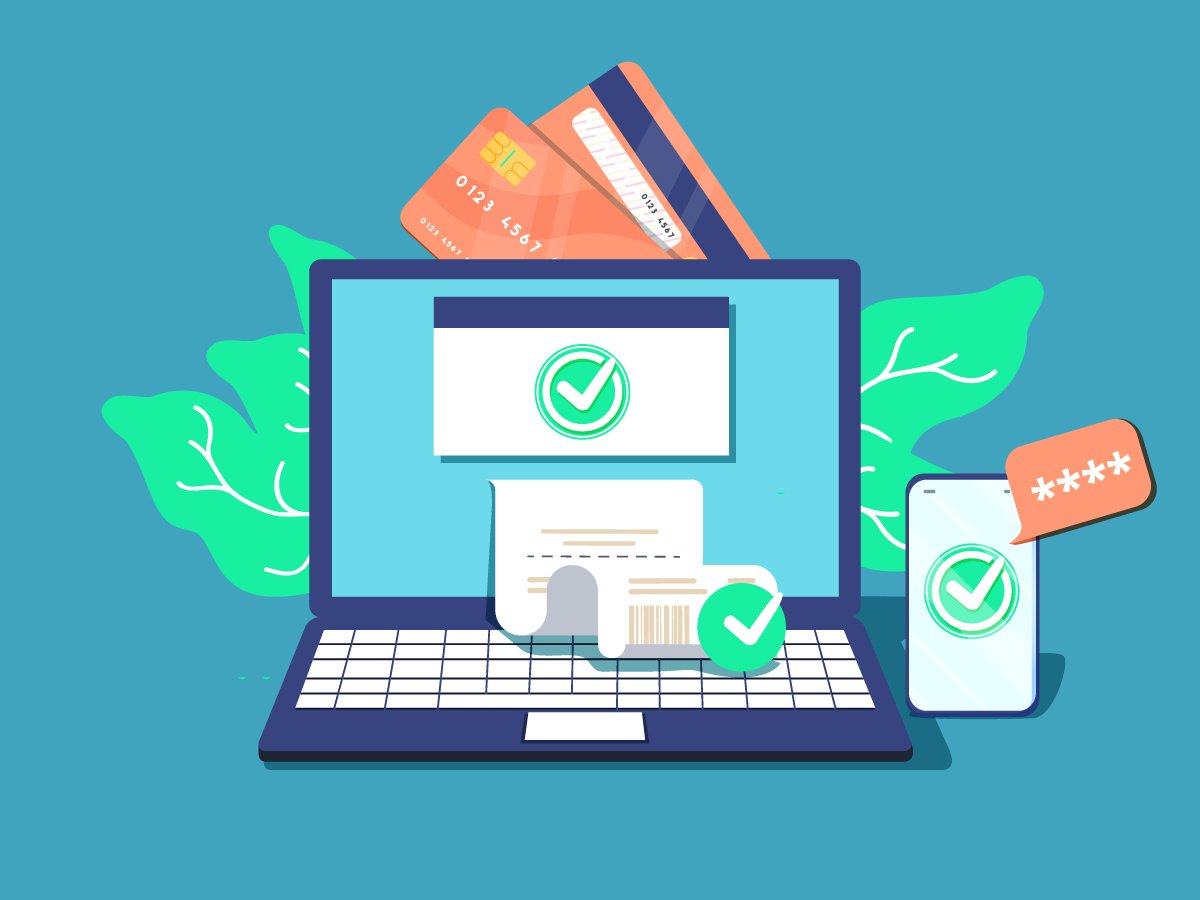
How to Betale Regninger on Time
Paying bills on time is one of the cornerstones of financial management. Be it rent, utilities, phone bill or credit card payments – developing the habit of doing it on time can save money and prevent late fees from accruing.
Tracking bills’ due dates with a calendar or other system is essential. Here are some helpful suggestions that will get you going:
Organize Your Bills
Keeping bills organized and paid on time may seem like an easy task, but in reality it can be challenging.
Misplacing or forgetting payments can cost late fees or even harm your credit score; but there are ways you can stay on top of everything with online bill payment platforms or physical receipt.
One simple approach is to set aside time each week or month to review and pay your bills. This could involve simply having a bin at home where mail goes directly, followed by taking some time once or twice each week to review it all and check for bills that need paying.
As another easy way of keeping track of your bills, choosing a physical folder or digital filing system as their designated spot can be very helpful in keeping track of them. When receiving new bills, address and file them immediately into this system – this way they won’t get lost among junk mail and you will make sure that you see each and every bill when it arrives!
To take it a step further, use your monthly budget to plan for irregular expenses that must be covered each month, and set aside money in your checking account accordingly.
Spend some time researching what options available are the most suitable.
Set Due Dates
Budgeting software can make managing monthly bills simpler by automating recurring payments directly out of your account on the day that best suits you, helping those who tend to forget when payments are due.
Even without using such programs, setting reminders via calendar events or email notifications on either phone or computer may help provide timely notice of upcoming bill payments. You can search for more tips on how to do this function using your phone.
Whenever bill payment dates don’t line up with when you get paid, creditors or service providers may allow for changes. When doing this, make sure the new date leaves enough funds in your bank account so that payments can still be made when due.
If you get Internet, telephone, and cable TV services from multiple providers, ask each if they could combine your accounts into one monthly statement and process a single recurring payment instead of sending multiple invoices each month. Doing this can save both time and money as it makes life simpler.
Many service providers and creditors allow customers to select their bill payment due date, although this feature may not always be available; you should contact them or visit their website in order to find out whether you can set your own bill payment due date.
Due dates on your bill are the dates by which payments must be submitted in order to avoid late fees, with most offering a grace period of about 15 days before charging a penalty fee. You can go to billigeforbrukslån.no/hvordan-betale-regninger/ for more information about common billing practices. Although late payments allow some flexibility when paying bills, remember that late payments can harm your credit score and make borrowing money in the future more difficult.
Though bill payments may seem overwhelming at first, staying organized and making timely payments are key components to financial wellness and building resilience. By developing this habit of on-time bill paying, your credit will improve and make qualifying for loans or mortgages in the future easier.
Set Reminders
Not knowing when your bills are due can lead to late fees and other costly consequences, which makes paying your bills via paper check or online payment more than challenging. Luckily, there are a number of apps designed to remind users when payments are due and make sure payments get made on time.
Set reminders as soon as you receive bills to avoid missing payments altogether. You can do this via an app, Payment Center, or mobile device and can set them for any bill that comes your way, even ones you’ve paid in the past.
At any time, you can update and modify your bill reminders at will. Even for bills you have already paid, the reminder date can be altered accordingly. Changing a reminder title lets you know of its changes; this helps keep track of which bills have been paid and which still remain.
Automate Payments
Setting up automatic bill payments is one way to avoid late payments. This can typically be accomplished using your bank’s online bill payment system, whereby you provide banking details (including your routing and account numbers ) to creditors who then withdraw funds automatically on each bill’s due date.
Some credit cards even permit regular payments through savings or money market accounts. You can learn more about money market accounts by clicking the link.
Paying bills online can be one of the safest methods available since you are in control of who has access to your bank account information. Unfortunately, however, this method may be less than ideal from a budgeting perspective as charges each month could exceed what’s actually owed; it’s wise to monitor your balance closely so as not to overdraw on the amount due.
Set reminders at least three days in advance of any automatic withdrawal to transfer enough money into your account to cover its cost. If you anticipate being short of cash for one payment, try finding a resource with flexible repayment plans or extended due dates so you can pay what is owed.
If you already use bank bill pay services or paying your bills with credit cards, request an update on their due dates to ensure they’re accurate and timely. Typically this can be accomplished online or by contacting creditors directly.















